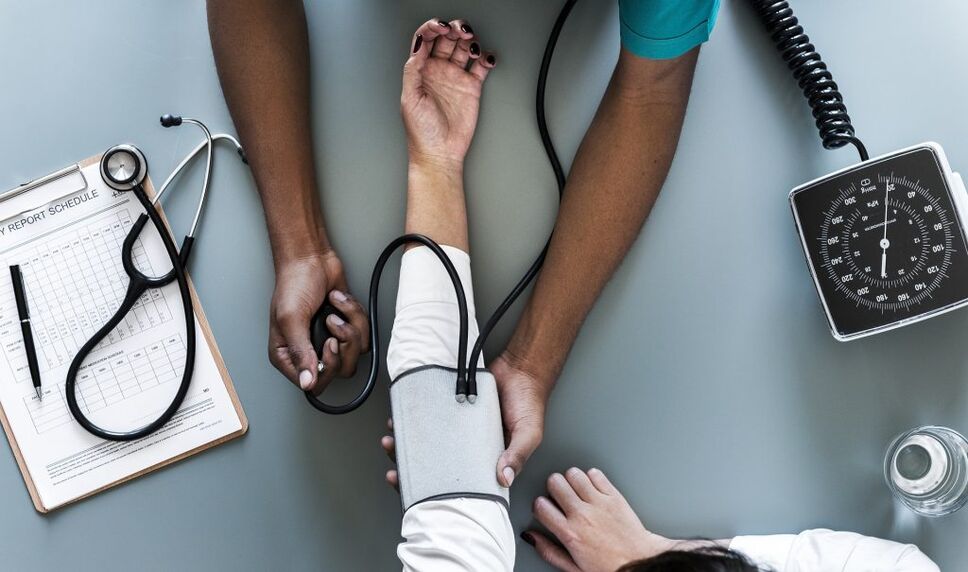We take a risk every time we walk out the front door. It could be a quick trip to the store to buy the carrots you forgot were a necessary ingredient for carrot cake. Or it could be something bigger, like an African safari. Risks are everywhere. Heck, even the staircase to the bedroom can be dangerous! But in most cases, risks pale in comparison to sitting in a fully confined and bubble-wrapped world. There’s a whole world out there waiting to be explored.
What to Consider
While traveling domestically or internationally, vacationers should be aware of a few things. Many travelers have been concerned about recent reports of the Zika virus. While we don’t know everything there is to know about Zika, your best defense is the best information. Here’s a brief rundown of what we know, where you can go to get the latest info, and how you can keep yourself healthy while traveling.
What We Know About Zika
Zika is a virus that is contracted through Aedes mosquito bites, and it can be passed from a pregnant woman to her unborn baby. It has also been shown to be spread through unprotected sexual contact, through blood transfusions with infected blood, and (very rarely – only once reported in 2016) through a laboratory/healthcare environment. Epidemiologists are working to explain other possible modes of transmission.
During the first week of being infected, the virus can be found in that person’s blood; if a mosquito bites the infected person, the mosquito can then spread it to another person via another bite. (For details on transmission and prevention, read the CDC’s latest info here or the World Health Organization’s here.)
There currently is concern about the affect of Zika on the fetuses of pregnant women. While much is still unknown about all the possible effects of Zika on unborn babies, here is what the CDC is currently recommending for pregnant women in any trimester who in or are considering traveling to areas affected by Zika. If you are pregnant and have travel plans, be sure to talk to your physician.
There currently is no vaccine for the Zika virus. Symptoms are usually flu-like — fever, rash, joint pain, and conjunctivitis (red eyes) — and may last a week or more. But most people who become infected never even have symptoms. The virus stays active in the bloodstream for about a week, sometimes longer, before a person is no longer contagious (via mosquito bite transmission). Hospitalizations and death are extremely rare.
Where to Get the Best Information about Zika and Travel
It’s common for certain media platforms to create elevated levels of panic around outbreaks like these. Your best bet is to head to reliable, medically-based sources to get the most clear, scientifically-backed, and up-to-date information possible.

Your best defense is good research from reputable medical sources.
For specific travel notices regarding areas of the world where Zika has been found, here are the latest CDC travel updates. In addition, you can check the U.S. State Department or the Public Health Agency of Canada for current information.
As your travel consultant, I am always here to advise you if you have any concerns about upcoming trips we are planning for you. I stay up to date on the most current information and can also reach out to your destination resort and ask what the plan is to avoid any incidents while on property.
Where to go for a Zika-Free Vacation
If you’re concerned about Zika or are planning a babymoon, have no worries. Plenty of gorgeous and perfect locations are totally Zika free. The mosquitoes haven’t spoiled all of the best destinations. Here are our favorite destinations that are totally free of any worry of Zika.

The gorgeous Seychelles are Zika free.
Tropical
- Seychelles
- Australia
- Sri Lanka
- Mallorca, Spain
- Okinawa, Japan
- Cyprus
- Greek Islands
- Canary Islands
- Mauritius
Non-Tropical
- Portugal
- Iceland
- Hong Kong
- Norway
- Germany
- Netherlands
- Tokyo, Japan
- Switzerland
- Italy
- Hungary
How to Stay Healthy While Traveling Abroad
Before any trip you want to make sure you are up to date on any required vaccines. If you take medications, make sure you have enough for the duration of your trip. And if you need any special accommodations — wheelchair access, for example — be sure to tell your travel agent so they can alert the staff at your destination(s) to ensure you get the best care possible.

Check with your doctor about travel vaccinations and be sure to pack along enough medicine to cover your vacation.
In addition, if you want to have a resource in place to cover any emergencies or unexpected medical expenses, it’s a great idea to purchase travel insurance. Depending on the plan, insurance can pay for doctor’s visits and any necessary medications while traveling.
As always, look to level-headed sources for your information. Check the numbers. Often, the total infections pale in comparison to the millions of people that travel every day. Assess the real risk, and make an informed decision from there.
Need help planning a healthy vacation?
As your travel agent, I make it a priority to stay current on all health and safety issues, and I invite you to ask as many questions as you need to! Send over and questions and we’ll get planning!


